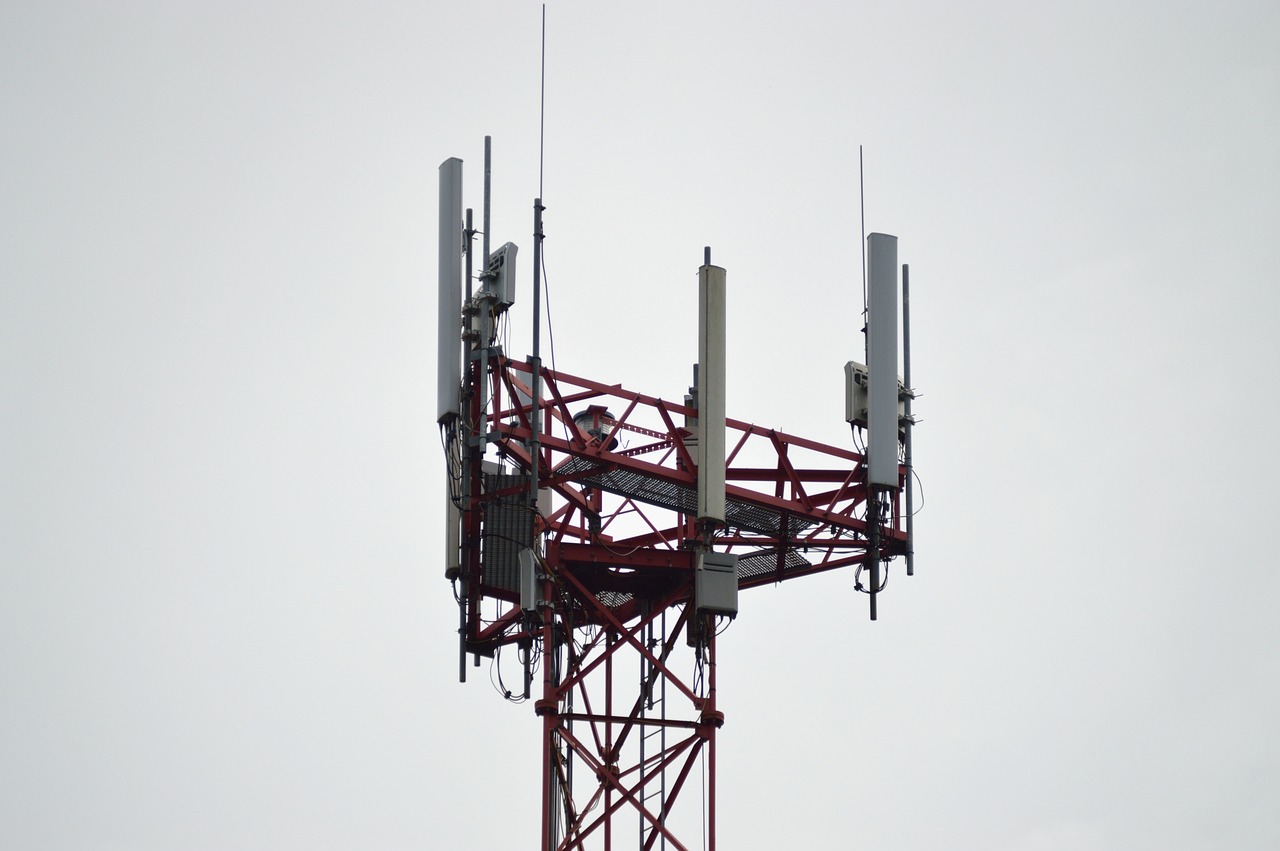New Vodafone research has found that 838,000 people living in some of the most deprived, rural areas of the country could benefit from the speedy roll-out of 5G, including better access to remote GP consultations and online learning.
‘Connecting the Countryside,’ published today by Vodafone UK, examines the correlation between rural connectivity ‘not spots’, or areas where connectivity is limited, and rural deprivation levels. The study, carried out by WPI Economics, includes a new Coverage/Deprivation Index, which ranks every parliamentary constituency in Great Britain based on its 4G and 5G coverage, against its standard deprivation levels.
Key findings include:
- Nearly half (46%) of constituencies that are both rural and amongst the 40% most deprived areas in the country are classified as 5G not-spots
- The constituencies of Na H-eileanan An lar and Orkney and Shetland are 100% 5G total not-spot, meaning they have no 5G connectivity at all
- 838,000 people living in some of the most deprived, rural areas across Great Britain could benefit from the speedy roll-out of 5G, including better access to remote GP consultations and online learning
Fast, reliable mobile networks – in particular standalone 5G – could pave the way for healthcare workers to meet patients over the phone or computer, prescribing treatment without the need for a face to face appointment which is particularly challenging in some rural areas. Likewise, 5G connectivity would help provide the necessary digital infrastructure to support small businesses, for example, farmers, who could benefit from the ability to remotely monitor their crops via 5G enabled sensors in the soil.
Ahmed Essam, CEO of Vodafone UK, said: “We believe everyone should have access to connectivity and our research shows the alarming rate at which almost a million people living in deprived rural communities are being left behind. It’s clear we need to accelerate the roll-out of the UK’s 5G infrastructure, which is what we commit to do as part of our proposed merger with Three UK. We would close the rural digital divide by delivering 95% 5G Standalone geographic coverage by 2034.”
Angus Brendan MacNeil, Independent MP for Na h-Eileanan an Iar, said:
“It is crucial that the UK and Scottish Governments deliver 5G connectivity to the communities that need it most so that the rural digital divide does not widen. I’m fully supportive of the Vodafone / Three merger as I think any opportunity to increase coverage should be pursued.”
Ian Blackford, SNP MP for Ross, Skye and Lochaber, said: “I know first hand that digital connectivity is critical for the prosperity of our rural communities. Across rural Scotland, small businesses, community groups and public services are all reliant on having a reliable connection to enable their everyday activities. But if we are going to make progress in reducing deprivation levels in rural areas, including the constituency I represent, Ross, Skye and Lochaber, we must futureproof the connectivity infrastructure that is built.
“Rural and island areas are already far behind their urban counterparts in connectivity terms, which is why rolling out standalone 5G to these communities is so important.”
Rhoda Grant, Labour MSP for Highlands and Islands, Scottish Labour Shadow Cabinet Secretary for Rural Affairs and Islands, said: “With Scottish public services increasingly moving online, and the gap between rural and urban Scotland growing, reliable mobile connectivity is vital for Scotland’s rural communities. I continue to call on the Scottish and UK Governments to support mobile network operators to deliver 5G across the entirety of the United Kingdom, to close the rural digital divide and ensure that our most in need communities are not left behind. With telecoms moving from copper to digital this is even more urgent.”
Alistair Carmichael, Liberal Democrat MP for Orkney and Shetland, said: “Connectivity matters to everyone in this country but in the Highlands and Islands it is close to existential. We need to ensure that these areas have the same access to digital connections – including 5G infrastructure – that other parts of the country benefit from.
“That is no small task but if we want rural and island communities to continue to survive and thrive then it is essential. This report is a timely reminder of how much more we need to do. Finally taking action to end the “not-spots” of coverage in the isles and elsewhere is a necessary first step, but the government has to step up its game further if we are going to deliver a digital network that works for every part of the country.”
Jamie Stone, Liberal Democrat MP for Caithness, Sutherland and Easter Ross, Liberal Democrat Spokesperson for Digital, Culture, Media and Sport
“Digital connectivity is a lifeline for people in the modern age. From accessing education, job opportunities, and social security benefits, to staying connected with friends and family, it is obvious that a decent broadband connection is a necessity, not a luxury.
“In my own constituency of Caithness, Sutherland and Easter Ross, distance learning and virtual GP appointments are game-changing for the communities that live here, especially in areas with poor public transport. We must ensure that everyone can access these digital solutions by driving up 5G mobile infrastructure spending in rural Scotland. It is imperative that the Government supports mobile network operators in delivering this infrastructure the length and breadth of Britain.”
Dr Alasdair Allan, SNP MSP for Na h-Eileanan an Iar, said: “Rural and island communities across Scotland, including my own constituency of na h-Eileanan an Iar, deserve the same level of connectivity enjoyed by the rest of the country. Unfortunately this is not yet the case, but as telecoms is an issue reserved to Westminster, the Scottish Government is limited in what intervention it can make. It is therefore crucial that the UK Government takes research like this into account, and delivers, firstly, full and reliable 4G connectivity, and works to prevent the rural digital divide from widening even further.”
Beatrice Wishart, Liberal Democrat MSP for Shetland Islands, said: “Our day to day lives are increasingly dependent on digital connectivity. Every part of the country should have equal access to this critical infrastructure.
Island areas should be kept in better lockstep with other parts of the country as technology develops. 5G is yet to come to Shetland and when it does we cannot wait the same length of time until 6G arrives.
We are faced with the upcoming changeover to digital phone lines, the details of that are yet to be finalised. The changeover assumes that mobile coverage is a viable option but for islands and rural areas “not spots” are still all too prevalent.”
Sarah Lee, Director of Policy & Campaigns at Countryside Alliance, said: “For far too long rural communities have been left behind when it comes to digital connectivity and are often unable to access the most basic of services online which many people take for granted.
“New research published today shows the stark reality that nearly 5 million people are living within rural not-spots for 5G coverage, and this is disproportionately impacting those living in rural deprived areas compared to urban ones.
“Those living and working in the countryside on the receiving end of this poor connectivity are only too aware of the benefits that the fast rollout of a nationwide 5G network could bring to their community and it is now time that these communities are connected.”
Photo Credit: Photo Credit: Miguel Á. Padriñán / Pixabay

